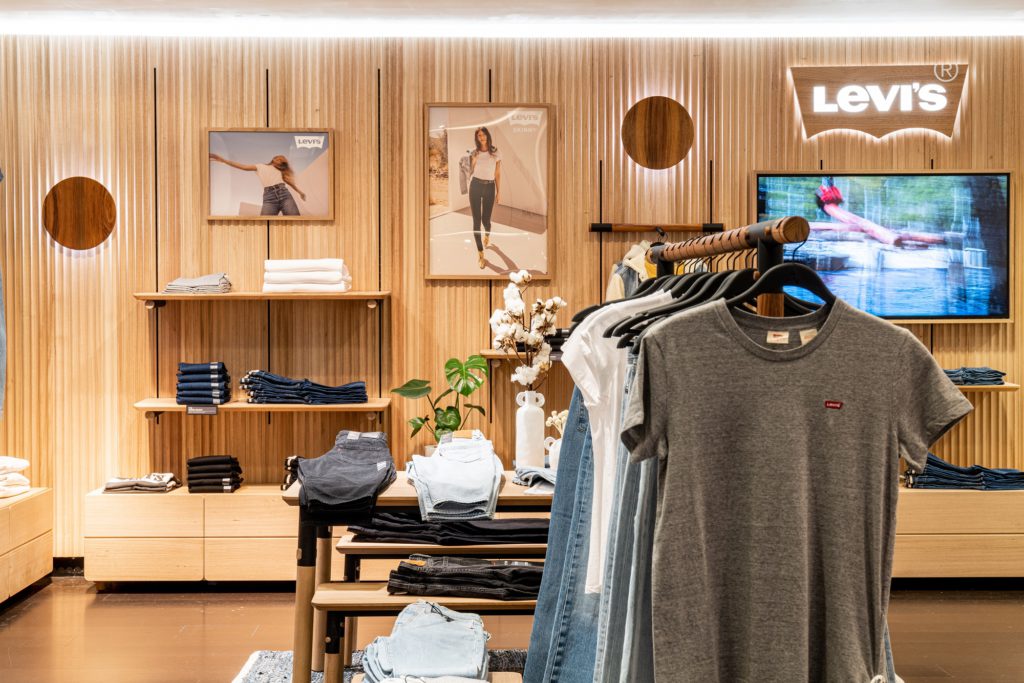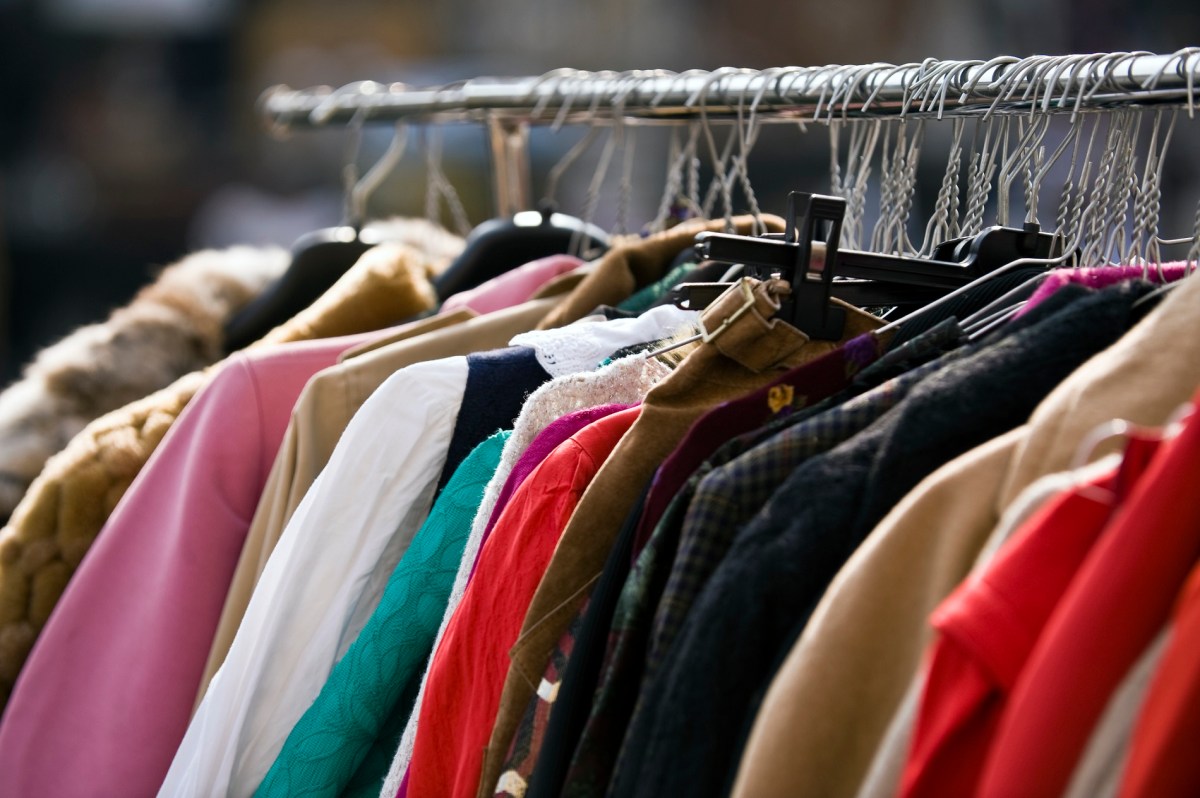Kathmandu has teamed up with leading provider of circular solutions for apparel and textile brands, The Renewal Workshop, in a first-of-its-kind partnership in Australia and New Zealand to address textile waste and reduce the amount added to landfill every year – an average of 23kgs per person.
Kathmandu will collaborate on a circular mapping project with the aim to provide a solution for consumers via a renewal and re-commerce program in the future, while encouraging other businesses to reduce textile waste on a larger scale.
The Renewal Workshop has partnered with global brands and retailers to renew and enable the resale of their products through their circular white label websites. Garments are cleaned, repaired, certified, branded scored and then sold.
Kathmandu CEO, Reuben Casey said the company is thrilled to partner with The Renewal Workshop and be the first of many businesses in Australia and New Zealand to work towards circularity.
“This partnership is a significant first step towards achieving our 2025 sustainability goal of integrating circular economy principals into our business operations.”
The Renewal Workshop co-founder, Nicole Bassett said, “As a business who relies on collaborative and progressive brand partners, we couldn’t think of a better partner than Kathmandu to explore the potential of circular practices.”
Research finds Australians only wear half of what’s in their wardrobes
Almost one in three (30%) of Australians currently own between 50 and 150 pieces of clothing items, and of all the clothes owned, only half of them are being worn regularly, according to research from Levi’s.
The research was released by Levi’s to coincide with its Buy Better, Wear Longer campaign, to raise awareness about the shared responsibility on the environmental impacts of apparel production and consumption.
Of all new clothes purchased in the past 12 months, more than half (54%) acknowledge that about 10% is only worn once, or don’t end up being worn. Collectively, if clothes are worn twice as long, the environmental impact would be reduced by 44%.
More than half (56%) of Australians agree that compared to 10 years ago, clothes don’t last as long; however, 44% agree they will still purchase clothes that are cheaper in value despite their shorter lifespan.

When shopping for denim, material and sustainability are the least of our worries. Only 9% of Australians consider the material of denim a very important factor and close to two thirds (65%) of respondents think sustainability is the least important when purchasing denim jeans.
TheBuy Better, Wear Longer encapsulates Levi’s ongoing efforts to drive more sustainable production practices, and its investment into material and technology innovations such as Cottonised Hemp and Organic Cotton. Through the scaling of Water<Less manufacturing, built on a series of finishing techniques and water recycling guidelines that have saved more than 4 billion litres of water, Levi’s is also reducing its own natural resource footprint.
More than three quarters (76%) of all Levi Strauss & Co. products, and 70% of all Levi’s bottoms and Trucker Jackets, are now made using open-sourced Water<Less technology, resulting in the recycling of nearly 10 billion litres of water. 75% of the cotton used also now comes for more sustainable sources and 65% of Levi’s products are currently made in factories that run its Worker Well-being programs.
Levi Strauss & Co. brand president, Jennifer Sey said Levi’s denim is meant to be worn for generations, not seasons. “We are using this campaign to encourage consumers to be more intentional about their apparel choices: to wear each item longer, for example, to buy second hand, or to use our in-store tailor shops to extend the life of their garments.”
The Buy Better, Wear Longer campaign has been rolled out on all Levi’s platforms globally as a reminder that a sustainable future is one where companies and consumers around the world come together to rethink fashion.
As part of the campaign, Levi’s will launch a multi-platform global ad campaign featuring an inspiring group of changemakers — Jaden Smith, Xiye Bastida, Melati Wijsen, Xiuhtezcatl, Emma Chamberlain and Marcus Rashford MBE.

